Hochul pauses congestion pricing plan ‘indefinitely’
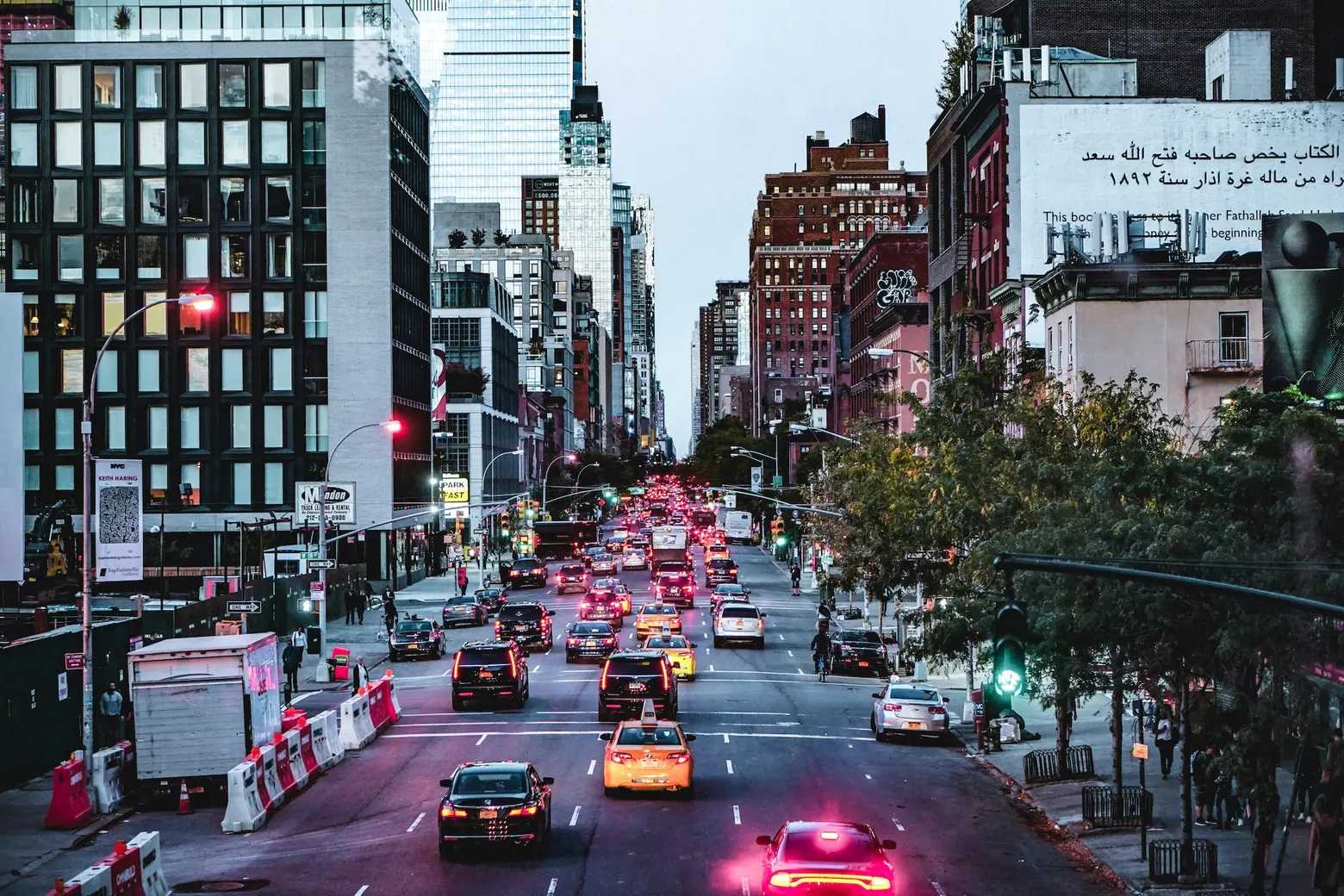
Photo by Pranay Pareek on Unsplash
Gov. Kathy Hochul on Wednesday officially paused New York City’s congestion pricing program, just weeks before it was set to begin. According to Politico, the governor voiced concerns about how the program, which would have charged drivers $15 for entering Manhattan south of 60th Street starting June 30, might hurt Democrats in upcoming House races later this year. In a pre-taped video, Hochul said “circumstances have changed” since the program was approved in 2019 and cited the effects of the pandemic and high inflation on New Yorkers as reasoning behind halting congestion pricing “indefinitely.”
In an official video statement, Hochul noted the fact that congestion pricing was first enacted before the start of the pandemic when “workers were in the office five days a week, crime was at record lows and tourism was at record highs.”
“Circumstances have changed and we must respond to the facts on the ground — not from the rhetoric from five years ago. So, after careful consideration, I have come to the difficult decision that implementing the planned congestion pricing system risks too many unintended consequences for New Yorkers at this time. For that reason, I have directed the MTA to indefinitely pause the program,” Hochul said.
The congestion pricing program, or the Central Business District Tolling Program (CBD), is meant to reduce traffic, encourage the use of public transportation, and reduce pollution by driving vehicles out of Manhattan’s busiest areas. Pushed by advocates for many years, the program is the first in the nation and could generate $1 billion in additional revenue for the MTA.
As part of the CBD, drivers entering Manhattan below 60th Street during peak hours will be charged increased tolls based on the type of vehicle, ranging anywhere from $15 for passenger vehicles to $36 for trucks and buses.
Hochul’s decision to pause the program only needs approval from the MTA’s board to be put into effect. It is unclear what stream of revenue will replace the $1 billion that was projected to be generated through the CBD.
On Thursday, Hochul proposed raising taxes on New York City businesses to close the MTA’s budget gap through an MTA payroll mobility tax (MPT). According to Crain’s, state lawmakers rejected her proposal, which would raise taxes on NYC businesses with payrolls of $1.75 million or more to generate the $1 billion per year the MTA would have received from the congestion pricing tolls.
Carlo A. Scissura, president and CEO of the New York Building Congress, called the governor’s decision to delay congestion pricing a “punch in the gut” to the “future of New York City.”
In response to the proposed MPT, Scissura said: “Today’s rumors of an MTA Mobility Payroll Tax (MPT) increase to fill in the gaps of the lost $15B in funding would only compound that colossal error. Asking New York City residents to pick up the slack for congestion pricing funding that would have been more equitably distributed across the region and assumed by those using our roads is not only unfair, it’s shortsighted and it’s bad policy.”
He continued: “We urge legislators to say no to any new taxes or to raiding the state’s precious reserves. And we continue to urge the governor to sit down with the city’s leading voices on economic development and transportation policy to find a way back to thoughtfully reestablishing a concrete congestion pricing start date.”
Sources told Politico Hochul is responding to worries by House minority leader Rep. Hakeem Jeffries, who represents part of Brooklyn, is fighting to win back a Democratic majority this year. The same source said Hochul officials and staffers for Jeffries recently began proposing the idea of delaying the program.
Sara Lind, co-executive director of Open Plans, released a statement early Wednesday before the plan was officially paused, criticizing Hochul’s consideration of delaying the congestion pricing program:
“Today, New Yorkers woke up to the news that Gov. Kathy Hochul may make the spineless choice to delay the implementation of the already approved congestion pricing program beyond June 30. During a time when we have chaotic and car-clogged streets, a transportation system that could use extra cash, and a climate crisis, prioritizing supposed political considerations over a long overdue, much-needed policy could not be more wrongheaded.”
Lind continued: “Delaying the measure would be transparently craven and worthy of derision and ridicule. We hope the Governor is able to recognize this reality, stick to her guns, and abandon the amateur-hour attempt at warding off backlash to a policy that she knows will prove effective.”
Congressman Jerrold Nadler released a statement disapproving Hochul’s decision to pause the start of the program:
“As a longtime champion of congestion pricing and the congressional representative of a significant portion of the CBD, I am disappointed by reports that Gov. Hochul will not implement congestion pricing on June 30, as previously planned. After years of delays, we need congestion pricing now more than ever to reduce paralyzing vehicle traffic in the CBD, improve air quality in our city and region, and raise desperately needed capital funds to enhance the public transit system that millions depend on.”
The program was facing several lawsuits that had to be resolved before officially going into effect later this month. One of the lawsuits was filed by New Jersey Gov. Phil Murphy, who sued the U.S. Department of Transportation and the Federal Highway Administration (FHWA) last summer, claiming that the plan to charge drivers entering certain parts of Manhattan is unfair to Garden State residents.
In April, MTA Chairman and CEO Janno Lieber announced that NJ would receive an unspecified share of the revenue from the CBD, as reported by NBC New York.
The program was facing a new federal lawsuit, filed by the Trucking Association of New York against the MTA. The truckers group alleged that the higher fees “unfairly and unconstitutionally” target the trucking industry, as reported by NBC New York.
In May 2023, the FHWA approved the environmental assessment of the CBD, giving way to a 30-day public review process before final approval could be granted. After the public review process in June 2023, the FHWA gave the program final federal approval.
In February, the MTA revealed two plans to provide people with disabilities exemptions from the new congestion pricing toll. The Individual Disability Exemption Plan allows New Yorkers with disabilities to register one vehicle to be exempt from the CBD, while the second program, the Organization Disability Exemption Plan, allows organizations transporting people with disabilities, like Access-A-Ride, to apply for the exemption.
Editor’s note 6/5/24: Shortly after this story’s publication, Hochul announced she is pausing the congestion pricing program “indefinitely.” We will continue to update the story as new information becomes available.
RELATED:
Get Insider Updates with Our Newsletter!
Leave a reply
Your email address will not be published.



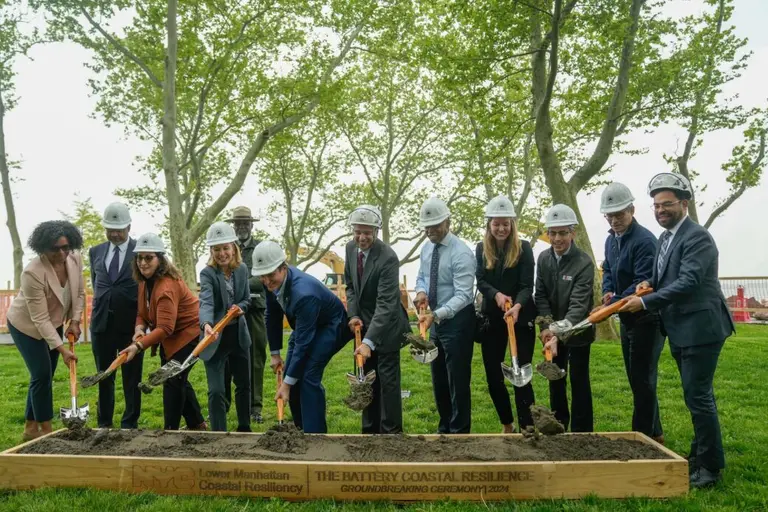
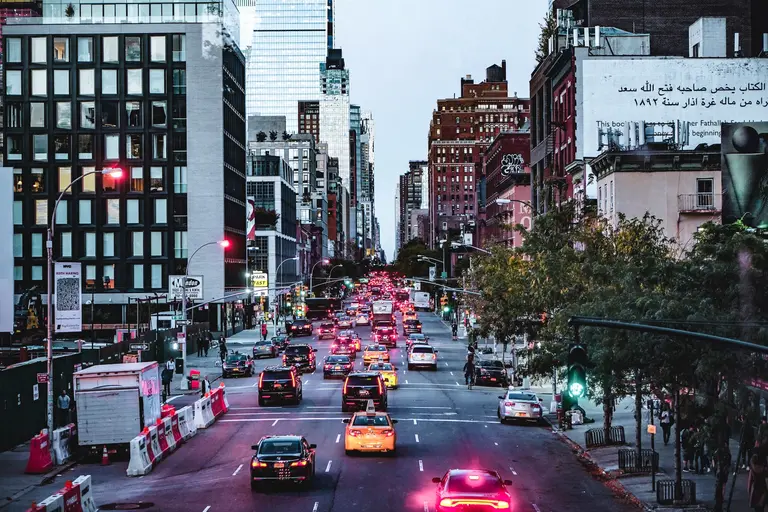
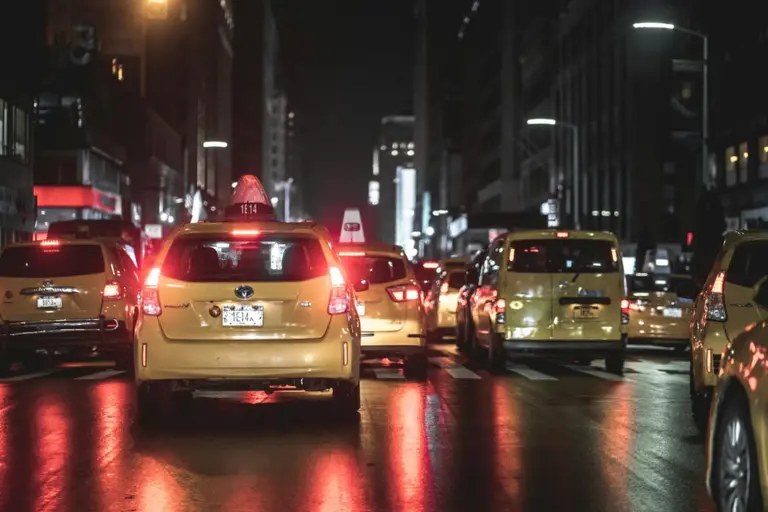
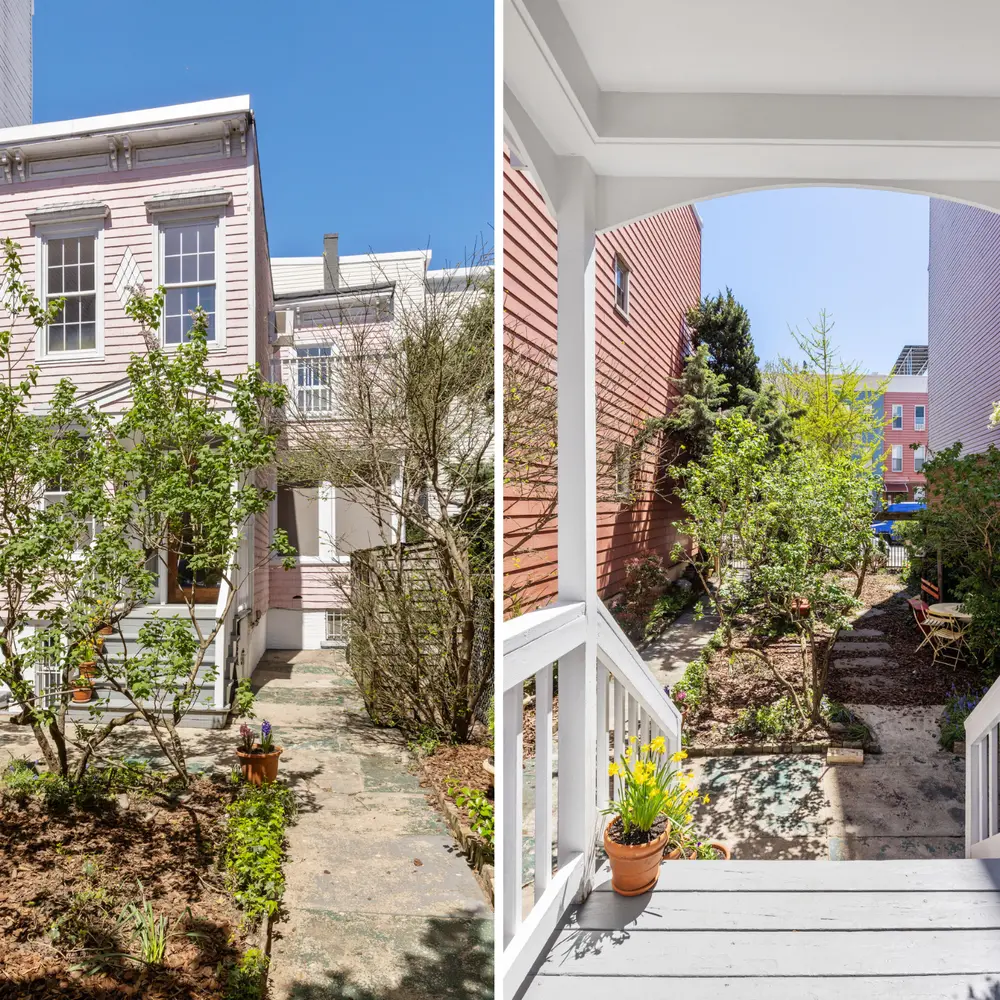




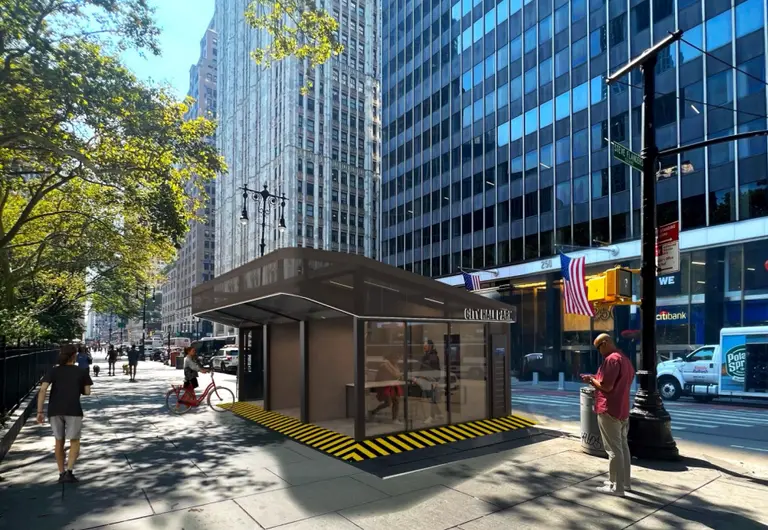
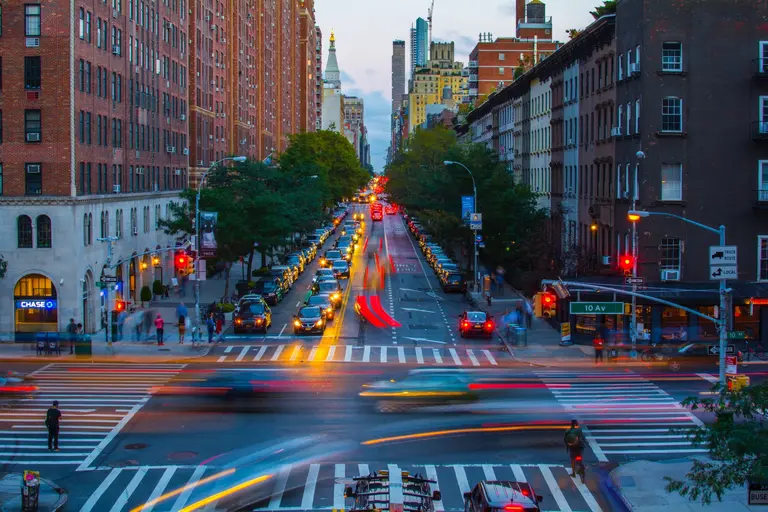
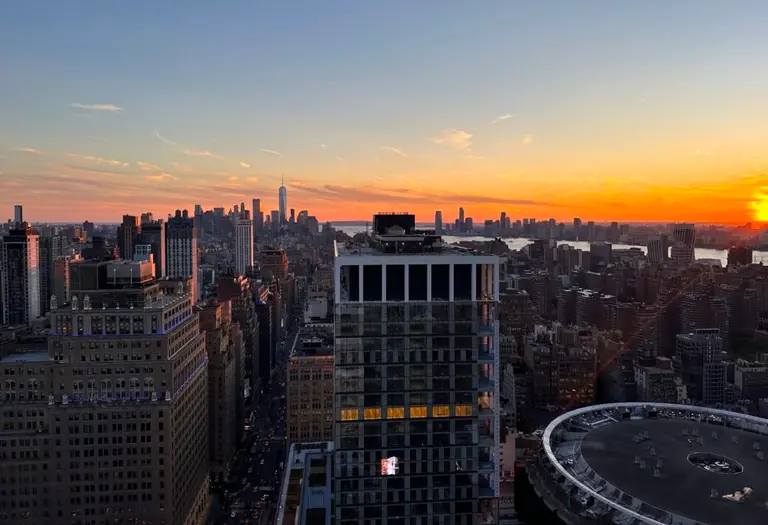
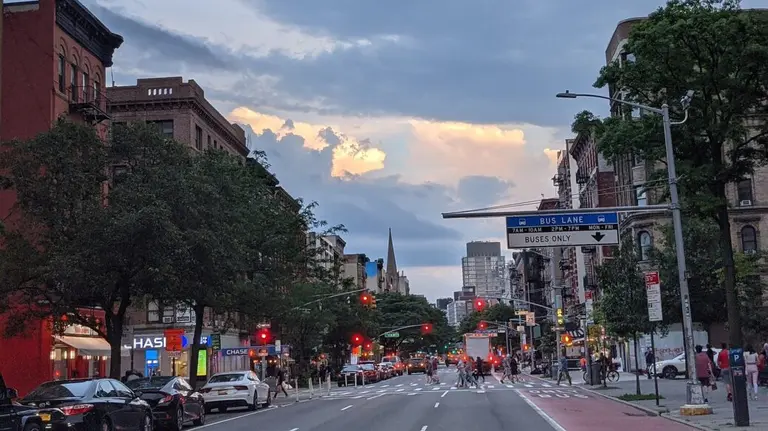
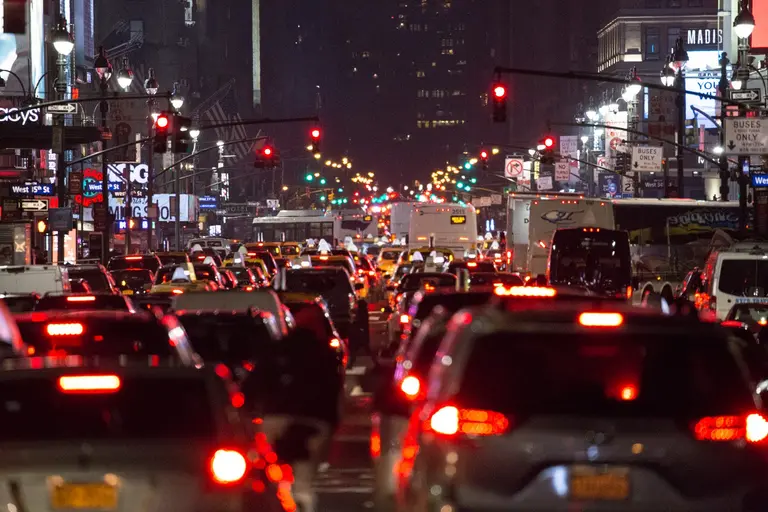
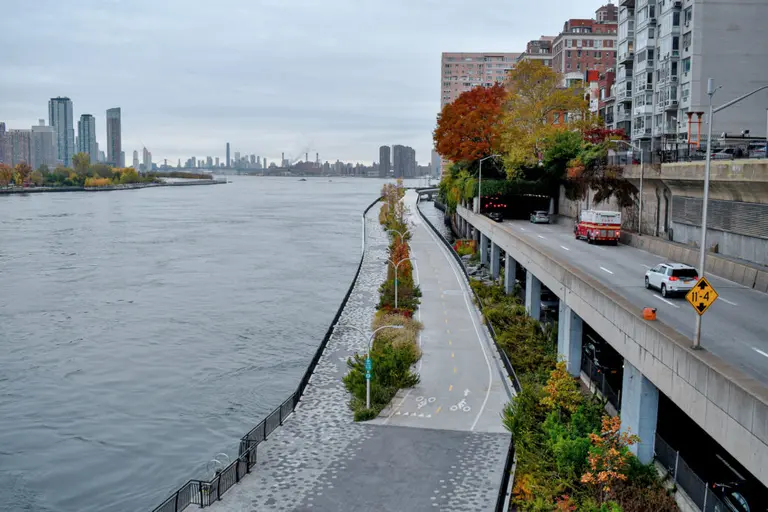
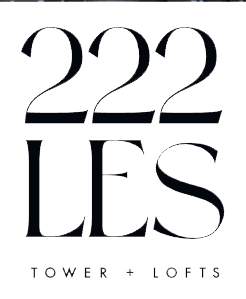











Very simple way to reduce congestion in midtown; eliminate Uber drivers and the like. The NYC government created the “congestion” problem and their solution is , of course to tax and toll. It is really a money grab to fund the MTA. The rhetoric on how it is going to reduce traffic and reduce pollution is a total fantasy. As per the NY Times, there are 100, 000 extra cars in the city due to Uber and Lyft. The drivers are not professionals and block lanes on smaller streets to pick up people too lazy to walk to an avenue and hail a cab. Or, imagine this, with fewer livery cabs they would take the subway! What a concept.
THANK YOU Governor Hochol, for halting this double tax of exorbitant fees plus the pass-through tax of higher business costs, just as we’re still trying to recover from an unprecedented pandemic. Tourists may be back, but offices & business that support them are still suffering. THANK YOU for not using us as guinea pigs, as the very first US city to be saddled with congestion pricing. THANK YOU for not making this unaffordable city even more unaffordable. THANK YOU for helping keep even more business & entertainment venues from closing. THANK YOU for not replacing a bustling-open & inviting city with the slow self-suicide of a closed & dying city. THANK YOU for maintaining our freedom to move & travel freely in the way we choose. THANK YOU for not balkanizing & dividing this city by erecting Trumpian pricing walls. THANK YOU for reigning in an out-of-control MTA that’s out-of-touch with the people of the Metropolitan area, as it pushes its bloated, bottomless blood-sucking agenda. THANK YOU for taking a bold step forward, with the knowledge that we can fund the MTA through other means, with the knowledge that we can wipe out auto pollution with electric vehicles, and with the hope that we can find creative -instead of destructive- ways to manage congestion. For congestion itself is the sign of a healthy & vibrant city – a city where people want to be. THANK YOU for not imposing a tourniquet on the life-blood of this city, and not creating a desert of our own making.
She just lost my vote.